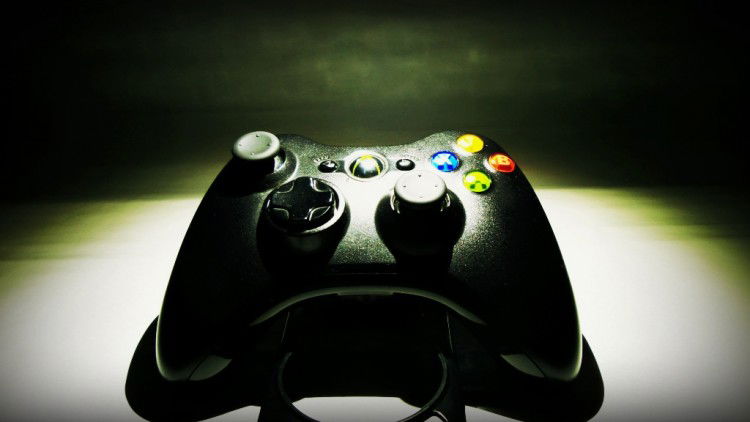It’s estimated that 350 million people suffer from depression globally. Depression is more than just being sad and has been described as the inability to be happy even when your life is otherwise great. The black dog of depression can follow anyone at any time; it can be difficult to recognize and diagnose. It can present itself at times as a mood turned melancholy or even as a lack of productivity. You can become depressed on great days for seemingly no reason. If left unchecked and untreated, depression can become debilitating.
Many sufferers find ways to cope in the very hobbies they enjoy. Fighting depression is not always easy, and some methods of coping are healthier than others. Many gamers have found that video games help them battle their depression. Media, like music, film, and video games can be powerful influences and tools in the treatment of depression. Each has power to facilitate feeling and manage a wide variety of emotions, both positive and negative.
There are already several independent games created and inspired by the battle against depression, anxiety, and apathy. One major benefit is that these health conditions are being presented to a wider audience, engendering understanding and support.
We don’t always understand why depression starts, and it can seem practically impossible to stop. In my case, it takes form as a feeling of fog settling over me. I can still function, but it’s more difficult than usual. I’m less motivated, less positive, and much more lethargic than is typical.
Apathy and depression are not the same, but they often go hand in hand. It’s an unfortunate combination where you feel terrible and don’t care enough to do anything about it. Depression already can sap motivation and excitement, and it feels like being trapped between conflicting emotions. You feel the weight of everything, yet care about none of it at the same time. It’s dangerous and difficult. There’s no single way to escape, and I had to find what worked for me. Doctors might suggest a combination of personalized treatments, often including medication and counseling. These treatments can help restore normal life function, or at the very least make it bearable. A webinar from Northeastern University about the future of healthcare touched on the topic of personalized healthcare.
“People regularly consult the internet, WebMD—they’re confused, they’re looking really for a healthcare system that can guide them through these extremely troubling circumstances and times–both the clinical health dimension and the mental health dimension have to be addressed. So choosing the right care option, and understanding that choice, and managing expectations is part of the clinician’s and the health system’s job.”
Personalized treatment plans seem to be the way of the future. Not everyone can be treated in the same way, and it makes sense that personalized approaches are becoming more widespread. Healthcare professionals are using technology to tailor their approaches toward what will be most effective for their patient. Video games can be part of that treatment, and studies show it can be effective.
There are many benefits that have been observed. Depression and anxiety often work hand in hand, and online cooperative video games can present a low-risk environment in which to interact socially. Particularly in children, this can be a powerful way to initiate friendships while developing social skills and concepts like teamwork and social identity.
A frequently described benefit of video games is that they relieve stress and lower anxiety. Puzzle and casual games are great for this and can help reduce distractions by helping you focus on something other than the way you are feeling.
Above all, the important thing to remember is that even if you feel alone, you aren’t. Millions suffer from depression, and the wall of stigma is slowly being torn down. Doctors and sufferers are finding new and creative ways of combating depression, and video games will continue to grow as an important facet of treatment.


